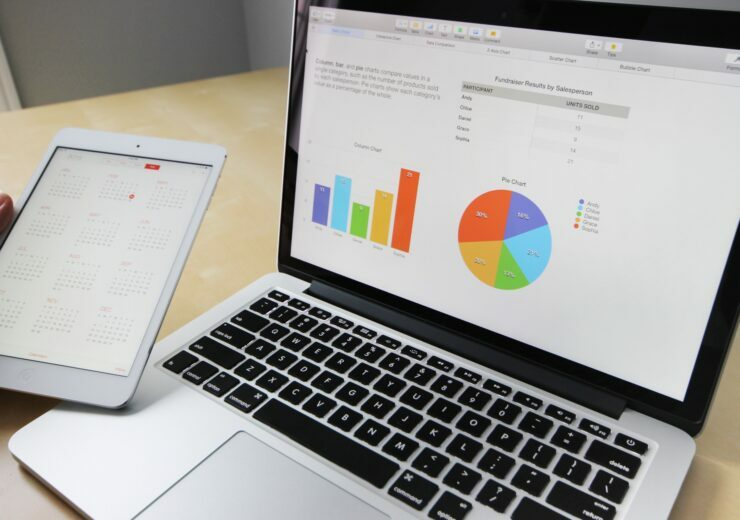The importance of mental health care in the workplace, now more than ever.

Since we last posted a blog post regarding COVID-19 and the change in working environment it was clear nearly a year ago we were unaware when we would leave lockdown. Now nearly a year later here we are in the same position. However, we are now in the position of a vaccine that is being rolled out a fast pace to put us on a road to what seems the ever waiting normal. People are beginning to be frustrated with the lack of routine and structure to their day. As a team that have always worked on their laptop’s behind a desk, there is not much differentiation between pre and during COVID. Although we are not passing conversations over a coffee whilst the kettle boils. Not having human interaction has impacted our headspace. Mental health has played a significant factor on individual’s motivations albeit understandably. It has been at the forefront of news and focusing on employer’s wellbeing whilst they are out of the office. Employers were never aware of the overriding situations some employees face outside of the workplace.
CIPD have released statistics surrounding mental health and the workplace and the necessary support needed, and this was published pre COVID-19. Absences at work related to mental health was the most common cause of long-term sickness in UK workplaces. It was found that stress related absences were at an all time high within the last year since the pandemic had begun. Now there is no definite impact of our mental health combined with the COVID-19 scenario.
We all are trying new things to take up our never-ending spare time, like baking, taking up a new sport, new hobby, crafts starting a new business we have all done it all. But however, what we need to do is all look out for one another. Stand tall, breathe, and text your friends and loved ones and continue checking in. One thing we can all take from this crazy year is that our jobs will continually enquire and check in with staff to see how they are doing.
The importance in looking after staff is that this will help their motivation levels and to be understanding towards the concerns and needs of your staff whilst they work in a new and unexpected way. Like working from home and managing childcare whilst working in a different environment. We need to all help one another and understand if individuals need to take time off to look after a family member or loved one.
Supporting employees and being open about difficult changes in the workplace along with the furlough scheme matters can be dealt with sensitively. As communication is important to be presented in a clear and calm way. Supporting your team is vital as your management style should suit the needs of each person and let them have preference to how they communicate whether it be via phone, video, or email. This channel of communication should be regular to see how they are coping.
You should always check:
- How they are feeling
- How their work is going and if they need any support
- If they have the right set up when working from home
Spotting possible signs of mental health issues
- Appearing tired, anxious, or withdrawn
- Increase in sickness absence or being late to work
- Changes in the standard of their work or the ability to focus on tasks
- Being less interested in tasks they previously have enjoyed
- Changes in usual behaviour, mood or how the person behaves with the people they work with.
The sooner employers spot these signs in their employees are working from home, you have minimal contact with them or when many can be feeling a heightened level of anxiety and stress. Always regularly ask your staff how they’ ae doing, and they will feel safe in an environment to be open and honest on how they’re feeling. Always be on hand for support, the sooner you speak up the happier you will feel.





